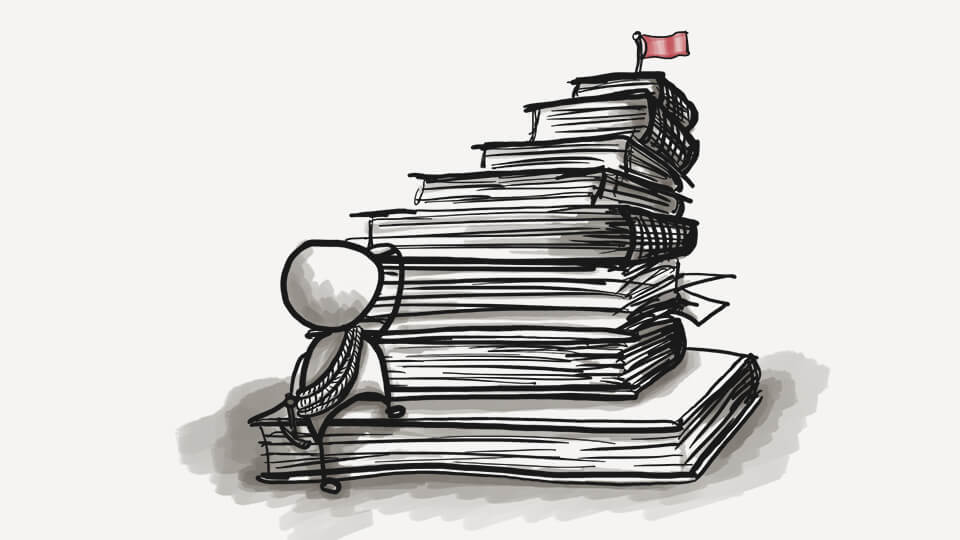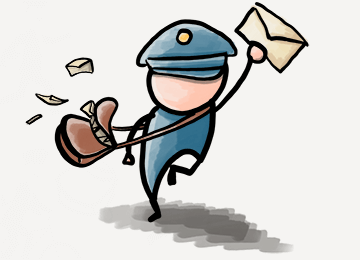A writing career, especially a successful one, is fraught with rejection. So much of it, in fact, it’s a small wonder anyone bothers anymore. How do you find self-confidence, that foundation of persuasive writing, when all evidence (rejection after rejection) seems to tell you you’d be better off doing something else with your life?
At one extreme, you could tell yourself that you’re the best thing that happened to the written word since Charles Dickens. And that the editors rejecting you are ignorant fools that don’t know any better; that they fail to recognize what you have in abundance, namely: talent. How can they if they have none?
No. This way lies graphomania.
A similarly extreme alternative is to believe you’re worthless until you prove otherwise. To keep going by sheer effort of will, chipping away at the wall of rejections; pretending you don’t take them personally—because they’re just polite form rejections that don’t mean anything at all—but secretly taking every one like a stab to the heart, delivered by the cold, uncaring hand of the publishing industry.
This approach may hold some appeal for those who dabble in masochism, but for the rest of us, this way lies creative burnout.
What then? Where’s the golden mean between narcissism and self-loathing? Bloodymindedness? Dogged determination?
We all know that fortune favors the bold and that people have a soft spot for the charismatic and the self-assured. Therefore, in the publishing world, much like in life itself, the most reasonable approach, when faced with impossible odds, is to be stupid about it. To show up, answer the challenge, and then perform, act, pretend, amuse, and do your best to make a show of it.
In my experience, more often than not, that’s enough.

